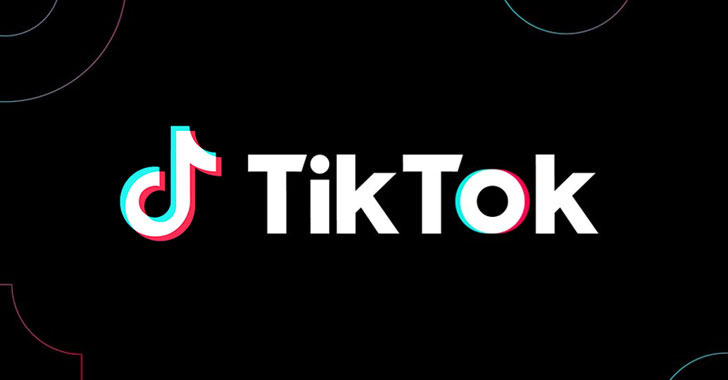
Conflicting signals have emerged regarding the impact of TikTok’s global layoffs on its Malaysian operations, as Communications and Digital Minister Fahmi Fadzil sought to assure the public that the social media giant’s activities in the country will not be negatively affected. This comes just days after it was reported that TikTok is laying off hundreds of employees globally, including 481 staff in Malaysia, as part of its shift towards greater reliance on artificial intelligence (AI) for content moderation.
Speaking to reporters on Saturday, Fahmi emphasized that despite the workforce reduction, TikTok’s operations in Malaysia would continue as normal. He explained that the company had assured him that its presence in the country remains strong, with around 3,700 employees still on board, despite the layoffs. He added that TikTok plans to hire more staff in other areas, such as cloud computing and data centers, to support its operations.
Fahmi acknowledged that the layoffs mainly affected the manual content moderation team, as TikTok is increasing its reliance on AI technology to handle content screening. He said that while the moderation team had been reduced, the company would still require human moderators for tasks such as live session moderation, particularly for content in Chinese and Tamil during off-peak hours.
However, these reassurances appear to contradict TikTok’s broader global strategy. Reports from the company’s parent, ByteDance, confirmed that a significant number of jobs are being eliminated globally as part of an overall restructuring. The move toward AI-driven content moderation is seen as a way to reduce the need for human moderators, making it unclear how TikTok can simultaneously reduce and expand its workforce in Malaysia.
Contradictions in the Narrative?
Fahmi’s statement that TikTok plans to hire more staff appears to be at odds with ByteDance’s ongoing global layoffs. The company has confirmed that hundreds of jobs in content moderation are being cut, particularly those involving manual reviews, as AI becomes more prominent in managing content. Despite this, Fahmi indicated that TikTok would increase the number of human moderators, especially for certain language-specific tasks, raising questions about whether the company is scaling back or expanding its moderation operations.
Given TikTok’s public acknowledgment that 80% of guideline-violating content is already removed by AI, it remains unclear how the platform will reconcile this with a need for additional human moderation, as Fahmi suggested.
Minister’s Role in Company Announcements
Fahmi’s detailed comments on TikTok’s staffing decisions also raise questions about why a government official is addressing corporate restructuring matters on behalf of the company. Normally, announcements of workforce changes and operational shifts are made by the company itself, rather than a government representative.
Although TikTok confirmed the layoffs to media outlets, including Reuters, it has not provided any direct indication that it will counter these cuts with a significant wave of new hiring. Fahmi’s statements about workforce expansion leave room for speculation about whether there has been full transparency between the company, the government, and the public.
Regulatory Context and Future Operations
The layoffs come as Malaysia’s government has increased regulatory scrutiny on social media platforms, including TikTok. The government has urged these platforms to step up their content monitoring efforts as part of a broader initiative to combat cyber offenses. As part of these regulations, social media companies must now apply for operating licenses to continue their services in the country.
Fahmi’s reassurances suggest that TikTok is working closely with local authorities to maintain compliance, but the company’s growing reliance on AI moderation could pose challenges in addressing more nuanced issues, such as live content and multilingual moderation.
For now, it remains unclear how TikTok will balance the reduction in human staff with the need to meet Malaysia’s regulatory requirements while ensuring efficient content moderation on the platform.00











